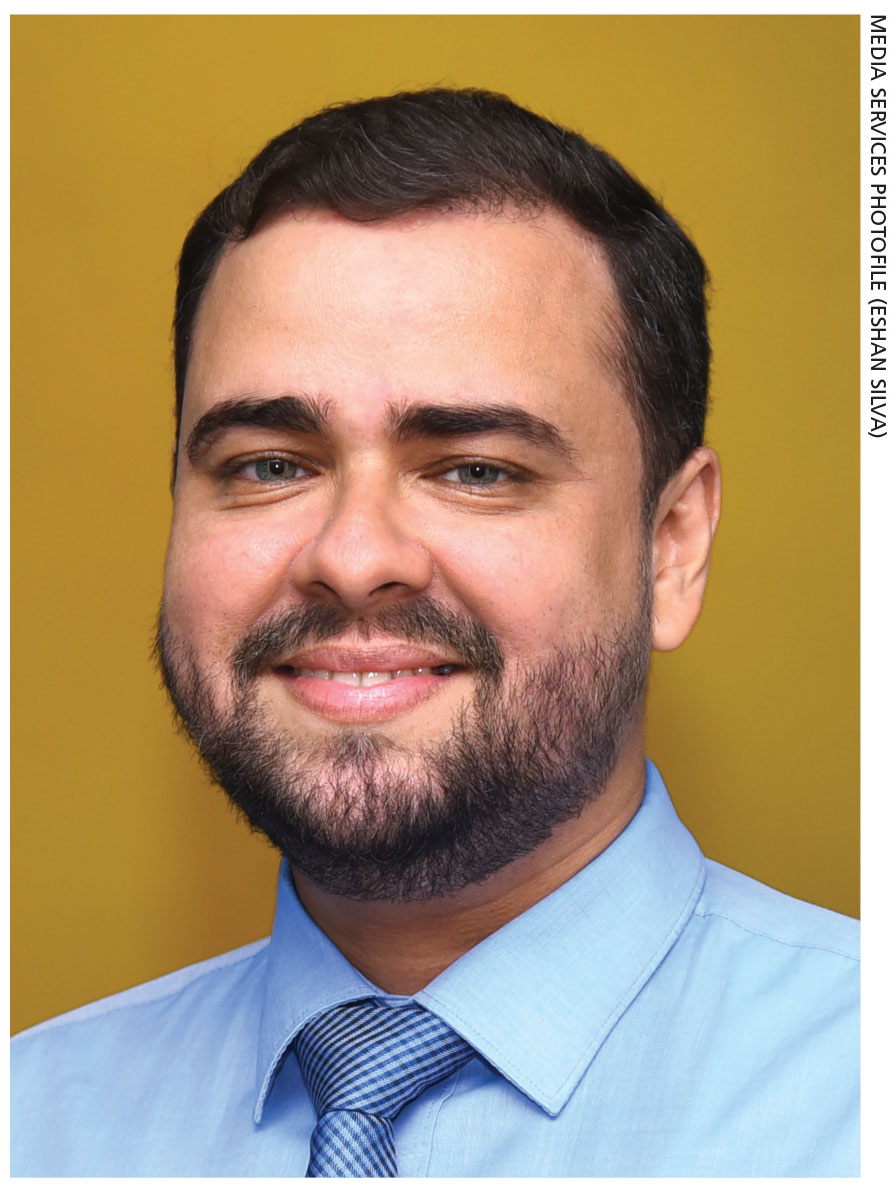INTERNATIONAL RELATIONS
Compiled by Dona Senara
POLICY FORMULATION IS KEY
George Cooke offers key insights into raising Sri Lanka’s country profile
Q: How can Sri Lanka’s foreign policy be used effectively to change the country’s present situation?
A: The country is facing a perilous economic crisis due to wrong policy formulation, ill-advised decisions, ineffective leadership and corruption. While international developments have ramifications for Sri Lanka, the primary problems facing the island are those that began at home.
It is important for policy formulators to understand the gravity of the situation, take proactive decisions, look far into the future and ensure the country is placed first, ahead of party and personal interests.
Given that Sri Lanka relies heavily on the outside world, formulation of foreign policy and its effective implementation are the keys to help it overcome the present predicament.
We need to reach out to all countries, irrespective of their size and power, and tap into the network of Sri Lankan missions abroad and foreign embassies here. Greater resource allocation is needed.
If we want to get something good out of a process, we must ensure what’s put in is solid and of high quality. The formulation of Sri Lanka’s narrative in a proactive rather than reactive manner is in our best interests.
Q: What’s your assessment of Sri Lanka’s engagement with international organisations of which it is a member?
A: Sri Lanka is a member, observer and dialogue partner of many groupings, which is great on paper as it indicates a robust system of engagement.
However, the country is poor in practice as little or nothing is done to ensure that it contributes in a healthy manner or derives results through such engagement. Having token membership is pointless. It needs to be followed up with strategised engagement based on national interests.
Sri Lanka has had opportunities to lead groupings such as the Commonwealth and Bay of Bengal Initiative for Multi-sectoral Technical and Economic Cooperation (BIMSTEC) in the last decade. Yet, the country neither made an effective contribution nor gained substantial returns.
As a nation with an effective past, the leadership needs to step up and ensure that Sri Lanka is heard, seen and known for all the right reasons – not draw negative publicity, as is the case at present. Multilateral bodies are an excellent platform for such constructive and effective engagement.
Q: In terms of regionalism, what needs to be done by Sri Lanka to engage with South Asian nations?
A: The island enjoys an advantageous position in South Asia. Its prominence and proximity to international shipping lanes makes it a key stakeholder in any dialogue on the Indo-Pacific region, and the strategies being formulated by foreign powers.
This is where Sri Lanka needs to leverage its advantageous position.
While SAARC has huge potential, a bilateral problem has spilled over onto the regional table and hampered progress. There still is BIMSTEC however, which brings together a few countries from South and Southeast Asia. This is a springboard for action and clear avenue for progress.
While there are merits about what can be achieved among members, it also has the potential for closer collaboration between the two sub-regional groups.
Similarly, the ASEAN Regional Forum – of which Sri Lanka is a member – isn’t limited to the neighbouring sub-regions but extends widely and remains rife with opportunities, which lie untapped.
Q: In what ways do you think technology has changed diplomacy?
A: Technology is revolutionising diplomacy. Many countries, irrespective of their size and power, are racing ahead by harnessing technological advancements.
Gone is the era when leaders and policy formulators relied on messages from diplomats. The role of the diplomat has evolved into one of an adviser and strategist, given the experience and exposure gained around the world.
While technology continues to transform with greater frequency and reach, it’s important for stakeholders in a country’s foreign policy to take advantage of the transformation.
Enhanced presence, technology driven processes, advanced forms of interaction, improved sharing of information and wider reach have benefitted countries as they scramble to stay in touch with the changes.
The future will see further integration – and therefore, nations can’t afford to be left behind.
Q: In what ways should we address the ongoing brain drain?
A: Thousands are leaving the country as they see a bleak future ahead. Some are fortunate to secure proper employment prior to departure while many are being duped by scammers who consider the current situation highly conducive to their illegal activities.
Immediate measures are needed to change the ground reality. These include addressing root causes of the economic crisis, bringing the perpetrators to book, effective steps to eradicate corruption, and concrete action to revive and boost the economy.
Such action will collectively give hope to thousands of Sri Lankans for a brighter future. If the brain drain continues, the country would be deprived of professionals and youth. Unfortunately, the impact of the outflow of talent has yet to be realised and analysed.





